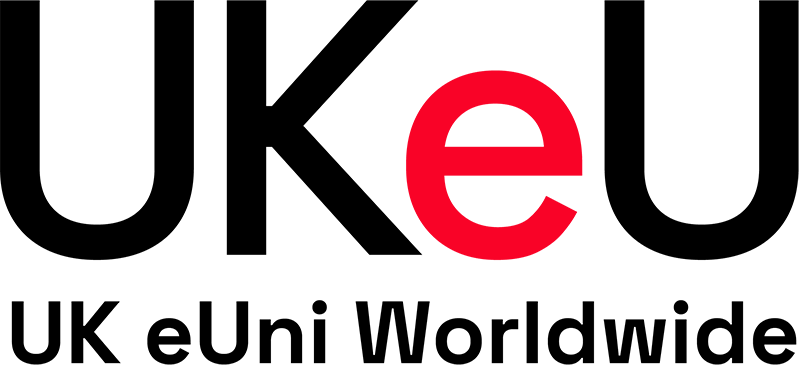Learning from the Past: UKeU’s Evolutionary Milestones
The journey of the UK eUniversity (UKeU) offers a rich narrative of ambition, challenges, and invaluable lessons that have shaped the modern landscape of online education. While UKeU’s initial venture faced significant obstacles, its story is not one of failure but of evolution. This article reflects on the key lessons learned from UKeU’s experience, addressing technological gaps, market readiness, and the eventual rise of e-learning as a dominant force in global education.

Technological Gaps: The Hurdles of Early Online Learning
In the early 2000s, the digital infrastructure required to support large-scale online education was still in its infancy. UKeU’s ambitious platform, designed to deliver a seamless and interactive learning experience, struggled under the weight of technological limitations:
- Bandwidth Challenges: Internet speeds at the time were inconsistent, particularly in regions with limited digital infrastructure. This created barriers for students trying to access online resources, especially multimedia content.
- Limited Interactivity: The technology available for online learning lacked the tools needed to replicate the engagement of in-person classrooms. Features like live video lectures, interactive discussions, and real-time feedback were either underdeveloped or entirely absent.
- User Experience: Early platforms were not intuitive, with complex navigation and limited accessibility. For many students and educators, adapting to these systems required significant effort, discouraging widespread adoption.
The lesson learned: For online education to succeed, platforms must prioritize usability, scalability, and accessibility. Modern e-learning solutions, powered by advancements in cloud computing, artificial intelligence, and user-centric design, have addressed many of these early challenges.
Market Readiness: Timing is Everything

One of the most significant hurdles faced by UKeU was the lack of market readiness. The concept of online education, while innovative, was ahead of its time. Key challenges included:
- Skepticism Toward Online Degrees: In the early 2000s, online education was often viewed as inferior to traditional classroom learning. Employers and students alike questioned the credibility and value of online qualifications.
- Limited Digital Literacy: Many potential students, particularly older demographics and those in developing regions, lacked the digital skills necessary to navigate online platforms effectively.
- Cultural Resistance: Universities were hesitant to fully embrace the online model, fearing it might dilute their reputations. Additionally, students accustomed to traditional learning environments were reluctant to transition to digital formats.
The lesson learned: Successful e-learning initiatives must align with market demands and address concerns about credibility and quality. Building trust through accreditation, partnerships, and transparency is essential to overcoming skepticism.
The Rise of E-Learning: A Transformational Shift

While UKeU faced challenges, its vision foreshadowed a transformative shift in education. Over the past two decades, e-learning has emerged as a mainstream mode of education, driven by:
- Technological Advancements: Innovations such as high-speed internet, mobile devices, and AI-driven learning platforms have made online education more accessible and effective.
- Changing Attitudes: The global acceptance of online degrees has grown, fueled by success stories, employer recognition, and the convenience of digital learning.
- The COVID-19 Catalyst: The pandemic accelerated the adoption of e-learning, forcing institutions worldwide to embrace online education as a necessity rather than an option. This shift highlighted the potential of digital platforms to deliver high-quality education at scale.
The lesson learned: Visionary projects like UKeU laid the groundwork for the e-learning revolution. By identifying gaps and addressing them with innovative solutions, the sector has evolved into a vital component of modern education.
Building Trust Through Transparency

A critical takeaway from UKeU’s journey is the importance of transparency in building trust with students, educators, and stakeholders. Key practices include:
- Clear Communication: Providing detailed information about program quality, accreditation, and outcomes fosters confidence in online education.
- Student-Centric Design: Modern platforms prioritize the needs of learners, offering flexible schedules, personalized learning paths, and accessible resources.
- Continuous Improvement: The e-learning industry has embraced a culture of adaptation, using feedback and data analytics to enhance user experiences and address evolving market demands.

The story of UKeU’s evolution is one of resilience and learning. While its initial venture faced challenges, the lessons gleaned from its experience have profoundly influenced the development of online education. Today, e-learning platforms are thriving, driven by technological innovation, market readiness, and a commitment to quality. As UKeU Worldwide rises from its predecessor’s legacy, it embodies these lessons, poised to redefine the boundaries of global education and inspire a new generation of learners.






